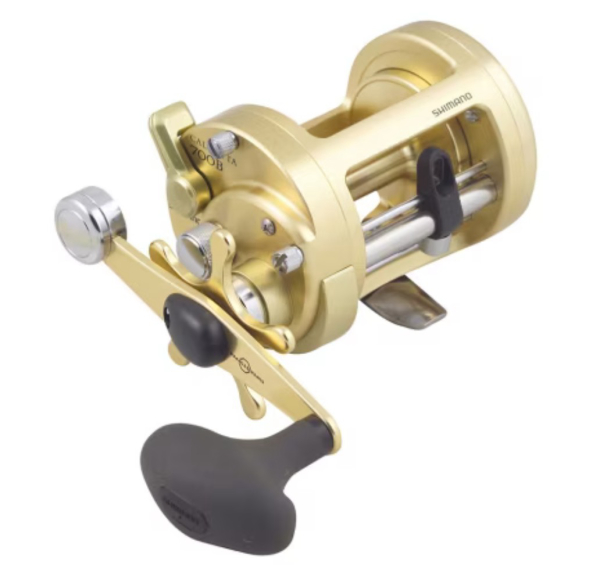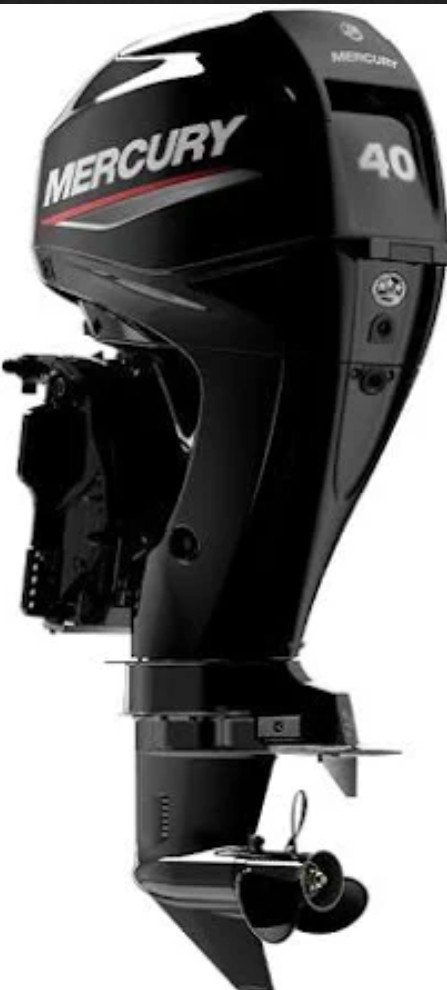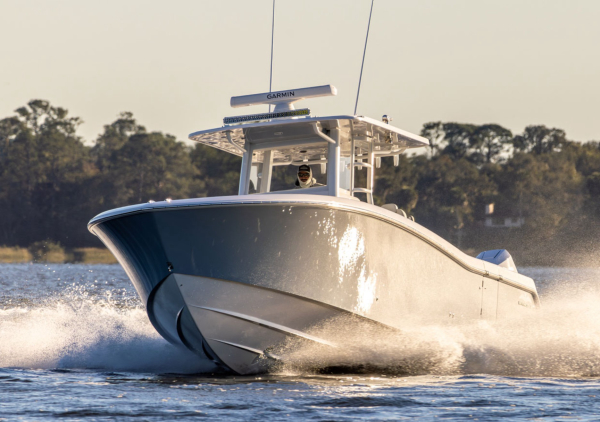
The American Sportfishing Association (ASA) is more than a little concerned about President Trump’s tariffs on imported goods, with reason. The industry group reports that about 60% of fishing gear sold in the U.S. is imported (surprise!) the majority of it from China.
As with so much else that Americans use in their daily lives, our tackle is made elsewhere because the costs are lower, enabling us to buy better products here for less money.
However, as the President and others have long noted, the world economy is tough on U.S. workers, because so many of the manufacturing jobs that would otherwise be available in our country are “offshored” to countries where the pay for hourly work is miniscule. (The tariffs are also aimed at forcing China and Mexico to help stop the flow of illegal drugs into the U.S., of course, but Trump’s long term vision seems to be on building America’s economic engines back to full production.)
There’s an obvious reason that American companies have sought foreign suppliers, of course.
In China, nationwide average hourly pay is $3.60 in USD. In Mexico, the minimum wage varies from $1.85 to 2.79 USD. In the U.S., minimum wage is $7.25 and many jobs at this level remain unfilled because most Americans won’t work for that amount. (With good reason, when the price of eggs at around $10 a dozen!)
Note that these are all “entry level” jobs—good workers who show up every day and do what’s needed quickly move up the pay scale, but getting by when you’re at the bottom of the ladder is definitely daunting.
However, if we look at other U.S. industries where the disparity in costs has been addressed, there are some obvious successes.
When Japanese cars grabbed a huge share of the U.S. market some 40 years ago, the Reagan administration threatened their industry with tariffs, and companies like Honda, Nissan and Toyota responded smartly by offering to build plants that would produce cars in the U.S., thus providing tens of thousands of high-paying jobs for U.S. workers. Today, many of the “foreign” cars on U.S. roads are built here, with many plants in the business-friendly Southeastern states.

To be sure this didn’t help Detroit and the Chevy/Ford/Chrysler legacy builders, which no longer dominate the industry as they did throughout the 1900’s, nor the workers in the “Motor City”, but it did solve the issue of bringing quality jobs producing quality products into the USA in this industry. (It didn’t make cars and trucks less expensive to buy, unfortunately. The average price last year was a staggering $48,000. But, we all seem to be hanging on to our wheels somehow.)
The risk for the sportfishing and boating industries is that money spent for boats, motors, marine gear and fishing tackle is “discretionary spending”. We don’t have to buy this gear, unlike buying a car or truck. And at some price point, we can’t—or won’t.

While most of us would be OK with the price of a fishing lure going from around $7 to $10, would we be OK with the price of a 40-hp outboard going from around $6500 to ten grand? The price of a tournament grade bass boat going from $75,000 to $100,000? (Oh, that’s right, they already have—but you get the gist.)
A fair number of coastal boats are now being laid up in Mexico, then brought into the U.S. for finishing—these companies would undoubtedly pass on the tariffs to buyers, though in the high-end market some added vigorish won’t matter as much.
Bottom line is that the tariffs are probably going to cause some short term pain, not only for the countries being taxed, but also here at home, in the sportfishing industry and many others. But if they stick, hopefully there will be a silver lining with more jobs, higher pay and better products for many more Americans.
— Frank Sargeant
Frankmako1@gmail.com
